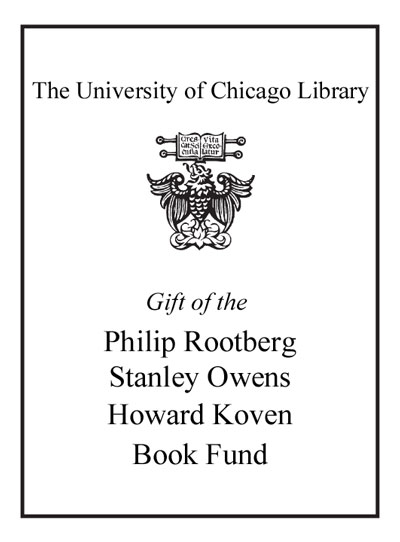Review by Choice Review
Even before the extermination of millions of native Yiddish speakers by Hitler, sociolinguists who followed the migration of Yiddish-speaking Jews from Europe to America and Palestine anticipated its categorization as an endangered language. It took only one American assimilationist generation and Hebrew University's revival of Hebrew as a modern language to give the thousand-year-old language a push toward oblivion. The Holocaust could have been the final blow: the end of Yiddish as a language and literature. But that has not happened, and Soldat-Jaffe (Univ. of Louisville) adds to the discussion with this intelligent study of why Yiddish is still with us, and why it may persist. In Words on Fire: The Unfinished Story of Yiddish (CH, Jun'05, 45-5702), Dovid Katz used the astonishing rebirth of Haredi orthodoxy in the US as a critical case to examine Yiddish language survival. Soldat-Jaffe begins with the first great Yiddish language conference in Czernowitz in 1908, offering a social history of Yiddish, then concentrating on the postwar Haredi in the UK and the cultural revival of Yiddishkeit in Europe and America. This historical and comparative analysis makes a strong case for the survival of a language whose demise has been routinely predicted for the past 50 years. Summing Up: Recommended. All readers. S. Gittleman Tufts University
Copyright American Library Association, used with permission.
Review by Choice Review

